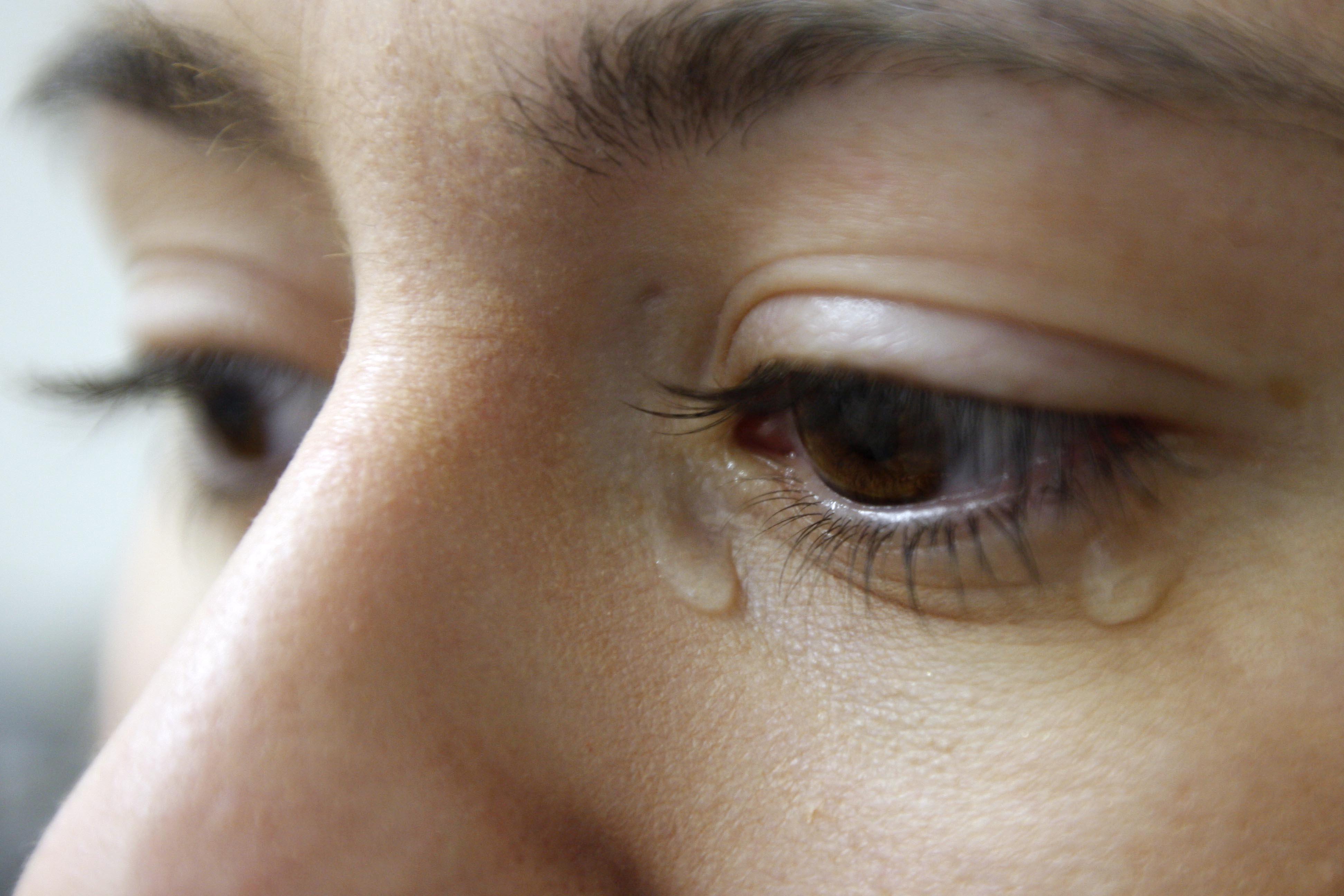Picture this: You’re back in middle school, navigating the perilous social jungle where dodgeballs and rumors fly with reckless abandon. The playground isn’t just a spot to shoot hoops or trade snacks; it’s a battlefield where friendships can be as fickle as the weather. But for some kids, dodging the emotional grenades tossed by bullies is an everyday struggle.
Bullying doesn’t just leave physical marks; it can bruise young minds, leading to a whirlwind of emotions that might include anxiety, depression, and a general desire to adopt a hermit lifestyle in a fort made of couch cushions. Serious stuff, right? But here’s the twist—what if we told you there’s a secret weapon to help kids navigate this minefield of meanness and mental mayhem?
Enter mindfulness: the superhero without a cape but with an impressive toolkit of zen. This ancient practice isn’t just for adults trying to manage road rage or perfecting their downward dog; it’s also a game changer for kids dealing with the dark clouds of bullying. So, grab your metaphorical magnifying glass, and let’s uncover how mindfulness can transform those emotional black eyes into badges of resilience. Spoiler alert: inner peace might just be the ultimate schoolyard comeback.
Understanding Bullying: It’s Not Just Playground Drama
Bullying is more than just schoolyard squabbles; it can have serious emotional and psychological effects on children. Imagine feeling like you’re constantly walking on eggshells because of what others might say or do. That’s what bullied kids endure daily. It’s important to note that this isn’t limited to physical aggression. Bullying can also take the form of spreading rumors, excluding someone from a group, or cyberbullying. All of these actions can leave children feeling isolated and anxious. Here’s what bullying might look like:
- Verbal Insults: Name-calling, teasing, or making derogatory comments.
- Social Exclusion: Leaving someone out on purpose, spreading lies to ruin someone’s reputation.
- Physical Aggression: Hitting, kicking, or pushing.
- Cyberbullying: Using social media or texting to harass, threaten, or humiliate someone.
One effective way to help kids stand up to bullying and manage their feelings is through mindfulness. This practice encourages children to focus on the present moment in a non-judgmental way. When kids are mindful, they’re better equipped to handle stress and stay calm. It’s like giving them a superhero toolkit, complete with powers like calmness, self-awareness, and resilience. Here’s a quick look at the benefits:
| Mindfulness Benefit | Superpower Effect |
|---|---|
| Increased Focus | Stay calm and pay attention in class, even when stressed. |
| Emotional Regulation | Handle feelings of anger or sadness without lashing out. |
| Improved Self-Esteem | Feel more confident and less susceptible to bullying. |

From Tears to Triumph: The Surprising Link Between Mindfulness and Mental Health
Picture this: a kid feeling like they’re stuck in a constant horror movie called “School.” Everywhere they turn, it’s like a haunted house full of bullies ready to spook them. Sounds terrible, right? Well, mindfulness steps in like a trusty ghostbuster. When kids practice mindfulness, they learn to focus on the present moment, which helps them stay calm and react less emotionally to bullying situations. It’s like having a superpower that turns “oh no!” into “I’ve got this!”.
So, what exactly can kids do? Here are some cool mindfulness tips they can use:
- Breathe Like a Jedi: Deep, slow breaths can help calm those jittery nerves.
- Feel Your Feet: Focusing on the sensations in their feet can ground them and reduce anxiety.
- Body Scan: This quick mental check-up from head to toe can help them relax and re-focus.
- Meditation Breaks: Short, daily meditation sessions can boost their inner peace like a daily vitamin for the brain.
And hey, to show how awesome mindfulness can be, check out this cool table:
| Mindfulness Trick | Effect |
|---|---|
| Breathing Techniques | Reduces Stress |
| Grounding Exercises | Increases Focus |
| Body Scan | Enhances Relaxation |
| Meditation | Boosts Inner Peace |
With these tricks up their sleeves, kids can turn those bully-fueled tears into triumph – all thanks to the power of mindfulness!

Mindfulness to the Rescue: Techniques Even Your Dog Could Master
Ever tried explaining mindfulness to your dog and got that head tilt? Well, turns out, they might just be onto something. Simple techniques like breathing deeply or enjoying the present moment are easy enough for kids to grasp—and yes, even your dog could master them! Here are a few kid-friendly (and dog-friendly) ways to practice mindfulness:
- 5-4-3-2-1 Technique: This fun game helps kids focus on their senses. Have them identify 5 things they see, 4 things they can touch, 3 things they hear, 2 things they can smell, and 1 thing they can taste.
- Mindful Breathing: Teach kids to breathe in deeply like they’re smelling a flower, then breathe out slowly like they’re blowing out a birthday candle.
- Body Scan: Ask kids to pay attention to different parts of their body, starting with their toes and moving up to their heads, noticing any sensations they feel.
Imagine teaching these simple exercises to your child—and hey, maybe even to Fido. Kids might just find it silly enough to actually enjoy! These easy mindfulness techniques help them stay grounded and calm, especially in stressful situations like dealing with bullies. Here’s a quick comparison of how mindfulness can benefit both kids and dogs:
| Benefit | For Kids | For Dogs |
|---|---|---|
| Reduces Anxiety | ✔️ | ✔️ |
| Improves Focus | ✔️ | ✔️ |
| Encourages Relaxation | ✔️ | ✔️ |
It’s time to turn mindfulness into a family activity—trust us, even the dog will benefit!

Action Plans for Parents: Tackling Bullies One Breath at a Time
When your kid faces a bully, it can feel like you’re going into battle. But what if you armed them with the power of mindfulness instead of a knight’s armor? Mindfulness can help kids stay calm and collected, even when bullies try to knock them off their feet. Encourage your child to practice a few simple techniques:
- Deep Breathing: A few deep breaths can help clear the mind and calm the nerves. Tell your child to imagine blowing up a big balloon slowly and gently.
- Positive Affirmations: Have your child repeat to themselves, “I am strong” or “I am confident.” It might sound cheesy, but it works!
- Body Scan: Teach your child to scan their body from head to toe, paying attention to areas of tension and relaxing them.
Dealing with bullies requires more than just inner peace; some strategic planning is handy too. Here’s a quick “Bullies Survival Kit” that blends mindfulness with practical steps:
| Strategy | Mindful Tip |
|---|---|
| Avoidance | Walk away while focusing on breathing. |
| Reporting | Stay calm and tell a trusted adult. |
| Ignore | Visualize a “bubble” of calmness. |
By combining these strategies with mindfulness techniques, your child can become a true Zen master, tackling bullies one breath at a time!
Q&A
Q&A:
Q: What exactly is mindfulness? Is it like minding your manners?
A: While minding your manners might keep you from chewing with your mouth open, mindfulness is a bit more sophisticated. Think of it as giving your brain a spa day. It’s all about being present, paying attention to what’s happening right now without letting your thoughts wander to your math homework or that embarrassing moment from two years ago.
Q: Bullying can be really tough on kids’ mental health. How does mindfulness come into play?
A: Imagine you’re in the middle of a dodgeball game and someone calls you a not-so-nice name. Mindfulness helps you to pause, take a deep breath, and dodge not just physical balls but those hurtful words too. It teaches kids to respond thoughtfully rather than react impulsively. It’s like having a superhero shield, but instead of deflecting lasers, it deflects emotional pain.
Q: So, mindfulness is just about breathing deeply? Sounds too easy!
A: If only world peace could be achieved by deep breaths alone! While deep breathing is a big part of mindfulness, it also involves exercises like recognizing your emotions, meditation, and even mindful eating (yes, really savoring that chocolate chip cookie). It’s essentially training your brain to stay calm and collected—which sounds simple, but even superheroes need practice!
Q: Are there any fun ways for kids to practice mindfulness? I can’t imagine them meditating like monks!
A: Who says you need to be as still as a statue to be mindful? Activities like mindful coloring, yoga, or even mindful listening to their favorite tunes can be part of the practice. Think of it more like training for the mind Olympics, but with less sweat and more zen.
Q: How does mindfulness help when it comes to dealing with bullies?
A: When faced with a bully, mindfulness can act as your secret sidekick. It helps kids recognize their feelings, manage anxiety or fear, and handle confrontations more calmly. Instead of resorting to fight or flight, they learn to think through their responses, possibly even confusing the bully with their newfound Jedi-like composure.
Q: Can schools incorporate mindfulness into classrooms, or is this something kids should do on their own?
A: Great news—schools can absolutely jump on the mindfulness bandwagon! Some schools integrate short mindfulness sessions into their day, and teachers might guide students through breathing exercises or short meditations. It’s not just solo work; it can be a group effort, making the classroom feel more like a serene dojo rather than a chaotic battleground.
Q: This all sounds a bit new-agey. Is there any scientific backing to mindfulness?
A: Absolutely! Numerous studies have shown that mindfulness can reduce stress, anxiety, and even improve attention spans. Kids who practice mindfulness often show increased resilience—a kind of emotional armor that’s way cooler than any chainmail. Science says yes, mindfulness is the real deal!
Q: What can parents do to encourage their kids to be more mindful?
A: Parents can lead by example—think of it as a family adventure into Mindfulnessville. Practice mindfulness together, make it a part of daily routines, and approach it with a sense of fun. Just remember, it’s not about perfection but progress. Even a single mindful moment can make a world of difference.
Q: Is there a one-size-fits-all approach to mindfulness?
A: No way! Just like with shoes, what’s comfortable for one might pinch another. Mindfulness techniques can be tailored to fit each kid’s personal style. The important thing is to try different methods and find what works best—whether that’s mindful monster truck rallies or zen-like zen gardens.
Concluding Remarks
while the ever-so-charming combo of mindfulness and a supportive environment might not eradicate bullying overnight, it sure can arm kids with the mental nunchucks they need to deflect some serious stress. Remember, teaching mindfulness to children is like adding a secret ingredient to a family recipe—at first, it might seem odd, but eventually, everyone wonders how they ever lived without it!
So, whether your little one is the next Zen master in the making or just someone who needs to breathe more often than every blue moon, it’s worth giving mindfulness a shot. After all, finding inner peace beats dodging spitballs any day!


